This post contains affiliate links from which I may receive a small commission, at no extra cost to you. In no way does this affect my opinion or the information I provide on the product. Please read my disclaimer for more info.
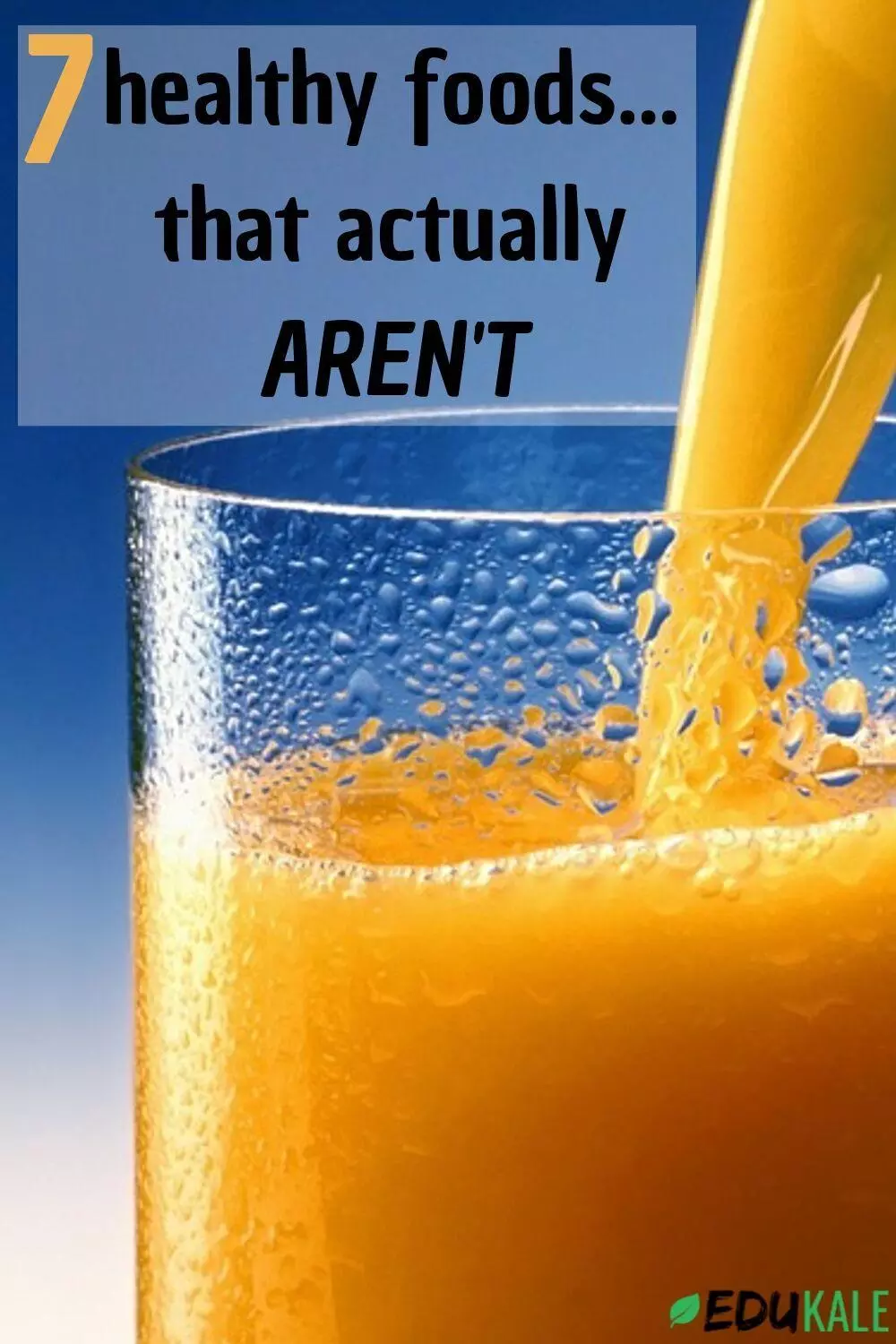
It’s pretty much common knowledge that fruit and vegetables are “healthy” while super processed foods are not.
But a lot of different foods are viewed as healthy by most people while they actually aren’t all that beneficial. In addition, some meals are believed to be very healthy when in reality they are far from being balanced.
It’s very hard to navigate around all of the controversial information surrounding healthy-or-not foods. Know that in general, if you eat mainly fruit, vegetables, whole grains, and healthy proteins, you’re doing it right.
That being said, here are some “health foods” which are actually worth skipping.
1. Fruit juice

A lot of juice packages try to make you believe that a cup of juice equals a serving of fruit. Don’t fall for it.
Fruit has a lot of sugar, which is perfectly fine when eating it in its whole form. Sure enough, the sugar is balanced out by the fiber which fills you up and slows the sugar’s absorption rate in your body. Fruit also has many vitamins which are absent in juices.
And that’s not even talking about the juices made from concentrate which are basically water, fruit flavoring and sooo much sugar. Sure, home-squeezed juices are better options but the best option is reaching for the whole fruit.
2. Low-fat foods
It’s commonly believed that low-fat foods are healthy and will aid weight-loss. Actually, these foods are loaded with sugar to compensate for their lack of fat, which makes the food palatable.
They are also highly processed to make up for the taste with emulsifiers, stabilizers, salt…additives that aren’t healthy at all. If you want to treat yourself, chose the regular option over the low-fat. Better yet, chose healthy fats, like the ones found in nuts or avocados, which are actually good for you!
3. Granola bars
Who hasn’t eaten a granola bar just before engaging in physical activity just because they thought it was healthy? You didn’t really enjoy it that much, it was dry and not very satisfying, but you thought it would be good for you, right? Wrong!
A lot of them contain high-fructose corn syrup, an artificial sugar made from corn syrup which increases fat gain. Beware of the ones low in sugar—they are most likely full of artificial sweeteners which are far from beneficial for your body. Most of them are also very high in calories.
Of course, not all granola bars are created equal. Some may be much healthier— just don’t buy any random box for your want-to-be healthy snack. Even better— make your own!
4. Cereal

So many people eat a bowl of cereal in the morning thinking it’s a healthy breakfast. Although most of these people wouldn’t eat cookies in the morning and call it healthy, many brands of cereal actually contain as much sugar. It’s even worse for children’s cereal, which all contain added sugar (around 2 ½ teaspoons per serving).
The problem is that people focus on the great nutritional claims marketed by the brand (good source of vitamin D, essential vitamins and minerals…) and don’t even notice the excessive sugar.
A better option would be opting for hot cereal (avoiding super sugary instant oatmeal) or looking for low sugar, whole wheat, and fiber-rich cereal. You can also make your own healthy muesli with some oats, fruit, nuts, and seeds!
5. Gluten-free snacks
Other foods viewed as healthy when they really aren’t are gluten-free snacks. Many people wrongly think that the calories don’t matter as much if you’re getting the gluten-free version.
If you suffer from celiac disease, gluten sensitivity, or a wheat allergy, then the gluten-free diet is absolutely the way to go. But for the rest of you, it’s pointless at best and unhealthy at worst.
Gluten-free foods often contain more fat and sugar than those containing gluten. They also lack nutrient fortification. In addition, contrary to popular belief, gluten-free foods do not result in weight-loss. So if you don’t need to go gluten-free, opt for a fruit and some nuts for a healthy snack!
6. Dairy products
If you’re eating dairy products because they’re rich in calcium, don’t. A greater intake of milk and dairy products does not improve bone health or lower the risk of osteoporosis and fractures. Consuming yogurt does not improve your health.
You can find calcium in many other foods, such as leafy green vegetables, nuts and seeds, beans and lentils, soy, and fortified plant milk. In addition, many yogurts (especially those marketed towards children!) contain loads of sugar and artificial colors and flavors.

7. Prepackaged salads
A lot of people trying to eat healthily reach for the ready-to-go salad instead of the sandwich, but it may not be much better. These prepackaged salads are often filled with rather unhealthy toppings such as croutons, cheese, and highly processed meats. Add in the dressing and you’ve got a very high-calorie meal, all while thinking you can splurge on dessert.
In addition, they’re often loaded with preservatives and flavor-enhancers. The worst part is, you’ll probably be hungry a few hours later. If you’re on the go, it’s better to directly grab some fruit, veggies, and whole-wheat bread and make your own sandwich!
In conclusion…
Many foods are viewed as healthy when they actually aren’t all that beneficial.
You shouldn’t eat foods just because they are marketed as healthy. Stay critical, read the labels, and choose the unprocessed version when you can.
And a little disclaimer: these foods aren’t dangerous or bad for you. I just want to prevent people from eating them just because they think they are healthy. If you enjoy these foods, there’s absolutely no problem in maintaining them in your diet, with moderation. But if you prefer a cookie over a granola bar and juice, have the cookie without guilt— it’s not worse for your health!

-Lucie
Did you know about these foods viewed as healthy that actually aren’t? Are there any you would add to the list?
References:
The sugar in cereal
Gluten-free diet
Yogurt and health
Milk and dairy in bone health
Self nutrition data
If you’re interested in nutrition, its impact on our health, and the science behind it, you should definitely read How Not to Die. In this book, Doctor Michael Greger, founder of Nutrition Facts, examines the top causes of death in America and explains how your diet can prevent— and in some cases even reverse— them. His advice is all backed by science and he writes in a very clear and entertaining way. This book isn’t a list of what you already know. It will teach you the keys to living a long healthy life, in a simple and practical way, and without spending fortunes on supplements and pills!
PLUS if you want to take it a step further, you can check out the How Not to Die Cookbook to implement the advice easily!

Welcome!
I'm Lucie, the nutritionist behind Edukale! If you'd like to learn more about me, click HERE !
Read More!
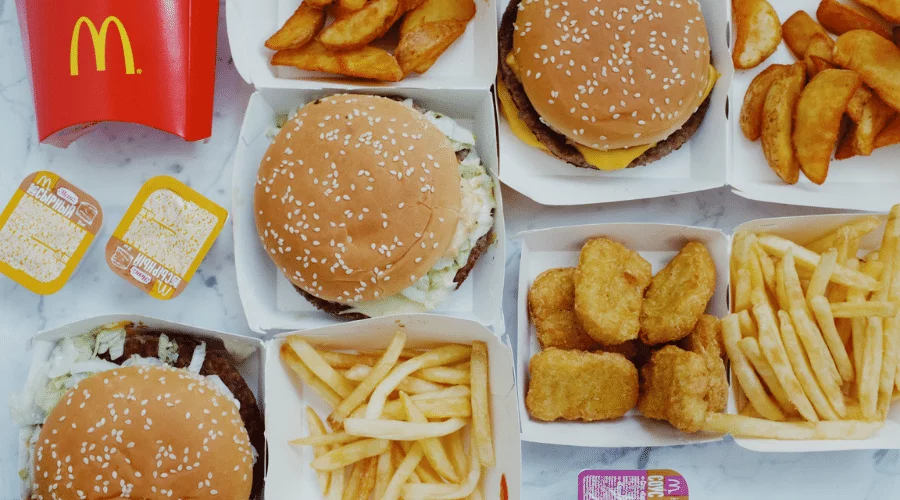
The truth about processed foods
You’ve probably heard that it’s best to reduce your intake of “processed foods” for healthy eating, and increase your intake of whole foods for optimal health.

The Best Foods to Fight Fatigue
Do you feel like you’re always tired and that you need multiple coffees to get you through the day?
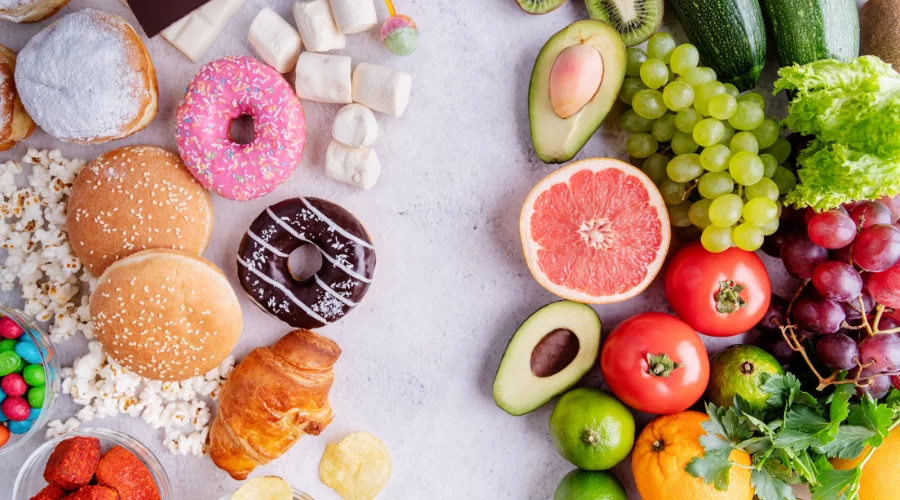
how to find the balance between healthy eating and dieting
It can be hard to find the right balance between healthy eating and dieting without becoming obsessed with food.
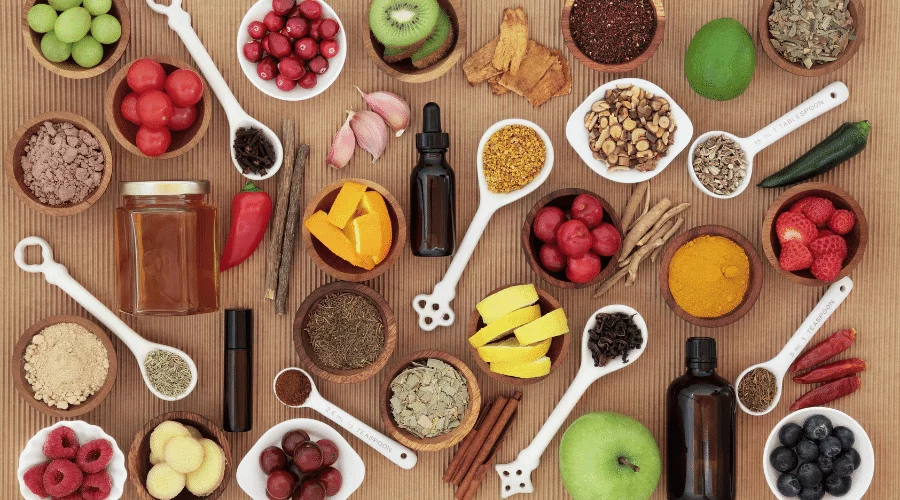
Can you use food as medicine?
“Let food be thy medicine, and let medicine be thy food.” We’re all familiar with this quote attributed to Hippocrates, and we all know the huge impact our food choices have on our health.
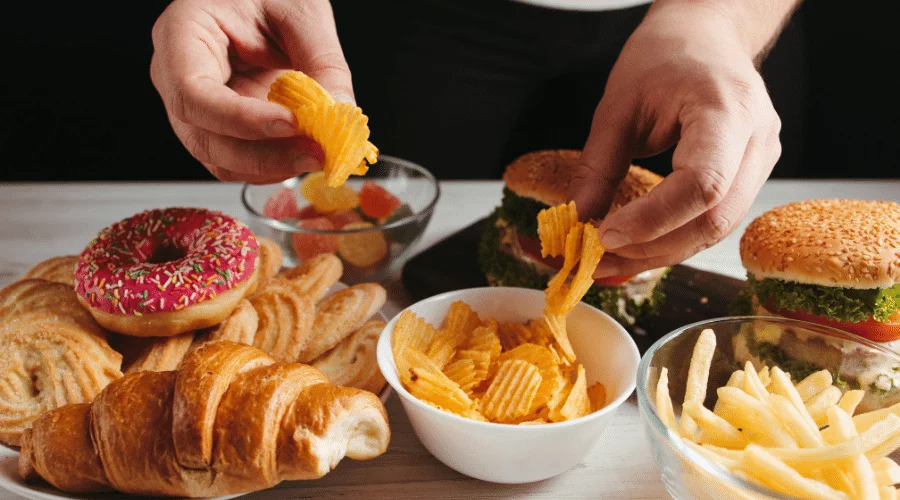
How to finally stop overeating for good!
Overeating means eating past your body’s actual needs, and it can be rather uncomfortable.
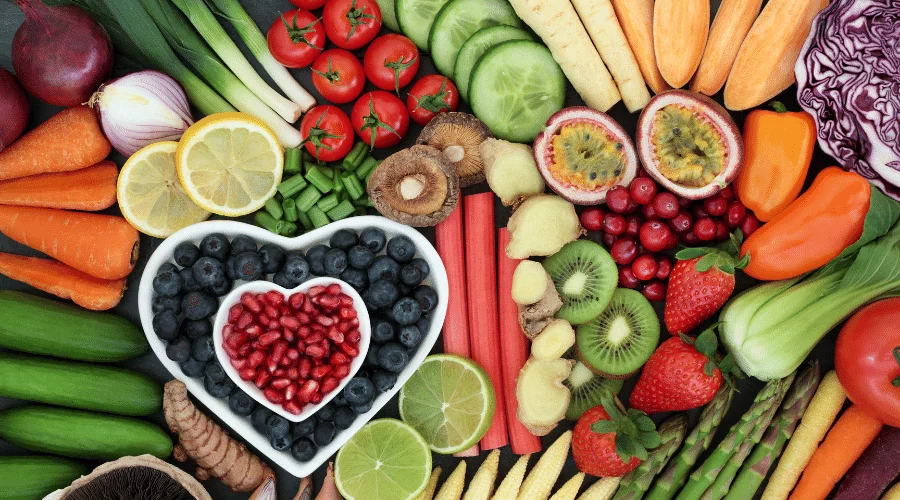
The anti-inflammatory diet: get rid of inflammation
You’ve certainly heard about the anti-inflammatory diet before and the benefits it could have on your body.
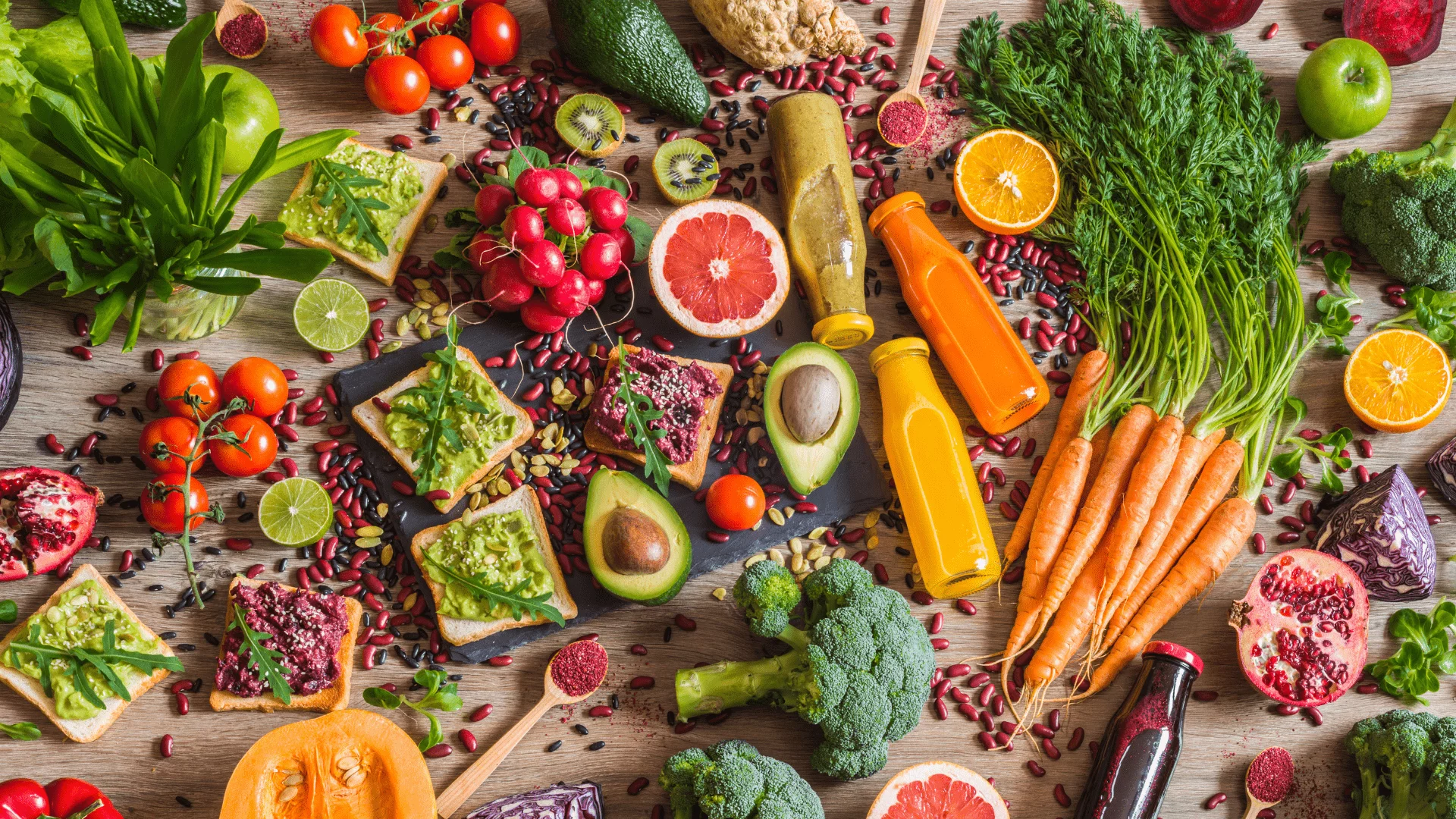
The complete beginner’s guide to veganism
Even though you can absolutely be healthy on a diet that includes animal products, the scientific consensus shows that increasing your consumption of plant-based foods is what is best for health.

Physical vs emotional hunger—learn the difference
You may be aware that physical hunger is not the only type of hunger that exists. There are actually two main types of hunger: physical hunger and emotional hunger


